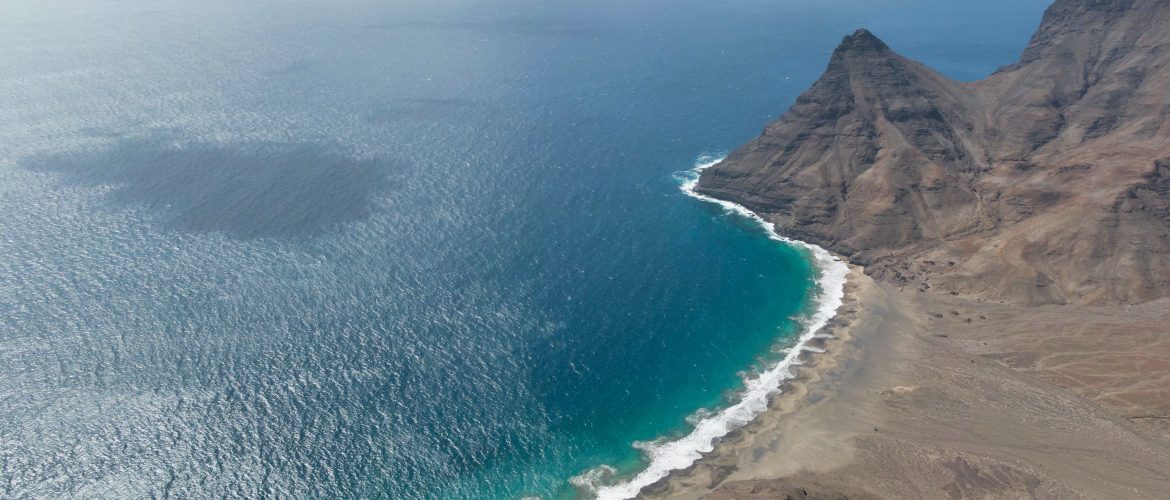Since the begin of 2020, the world is going through a multi-dimensional crisis due to the covid-19 pandemic: aside from an already acute environmental crisis, we are confronted with a health crisis with important human costs and considerable effects on the economy and the societies. There is now an extraordinary opportunity to contribute or even to influence this collective effort by governments, funders, civil society, local communities and corporate actors aimed at “readjusting the target”, towards sustainable approaches to the recovery of the region. In this perspective, understanding the context created in the West African region by the covid pandemic and the subsequent economic crisis is thus fundamental for directing efforts towards sustainable interventions for supporting the economy and the society, without compromising the long-term conservation of biodiversity and the resource base.
The MAVA Foundation supports partner organizations for the conservation of biodiversity and ecosystems in coastal West Africa. The period 2020-2022 is the second and last phase of West Africa Program, involving the implementation of nearly 20 projects in seven coastal West African countries. The “Policy guidance for a post-COVID strategic approach to coastal and marine conservation in West Africa” project aims to formulate strategic recommendations which will serve as a reference for key players involved in marine and coastal conservation and will guide interventions in this area in the short and medium term. The study, which was funded by the MAVA Foundation, covers Cabo Verde, Guinea-Bissau, Senegal, and Mauritania.
SETIN contributed to the work that was undertaken in Cape Verde, focusing on the islands of Fogo, Boavista, and Maio, by carrying out the following activities: understanding the context and trends of economic recovery, identifying the specific drivers, identifying opportunities for influencing investment and economic decisions, analysis of the impacts of human activities on ecosystem services, identifying the key actors and networks, and distilling lessons and policy orientations.


